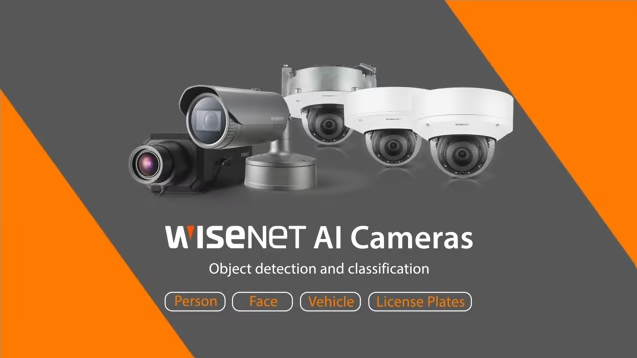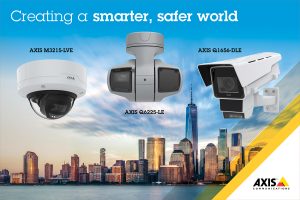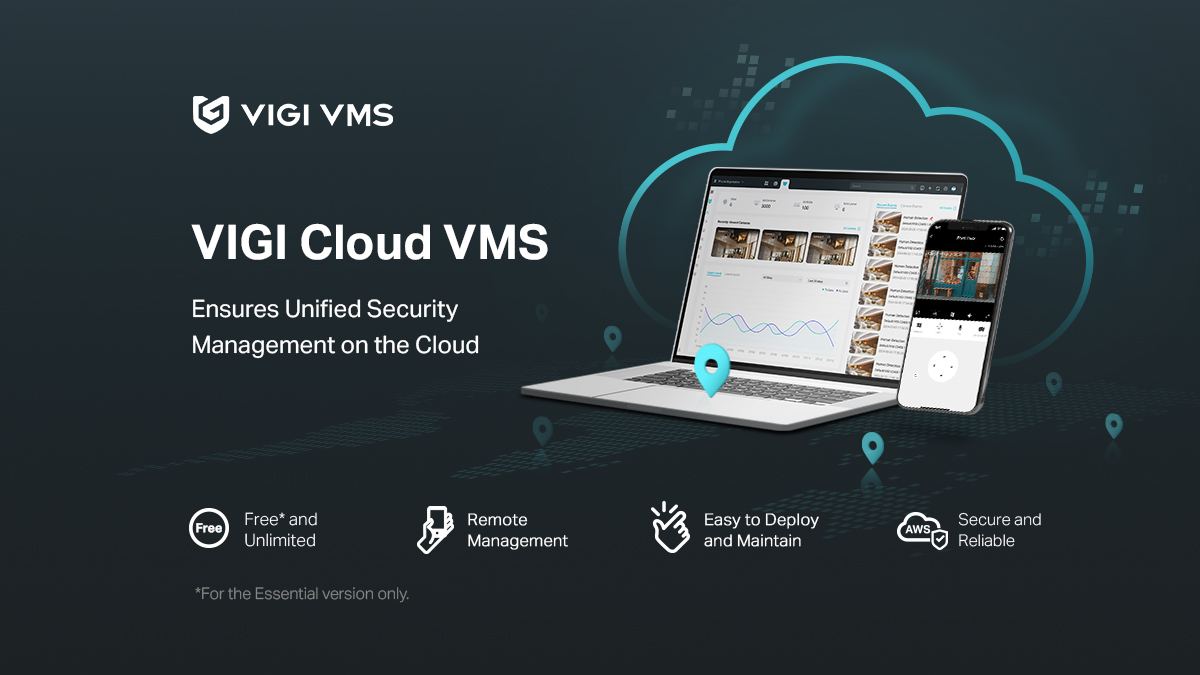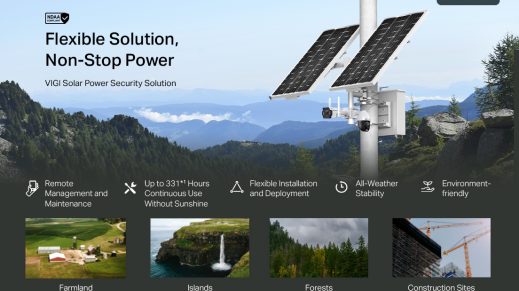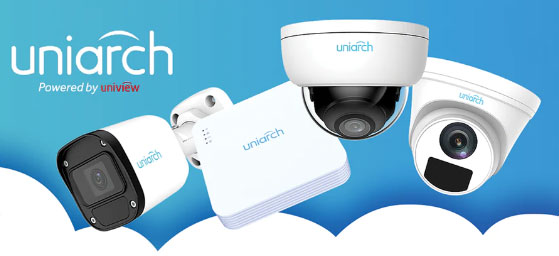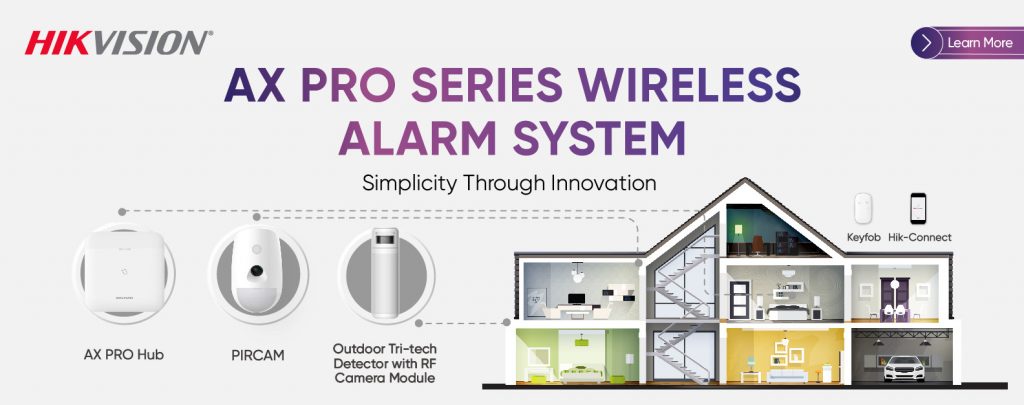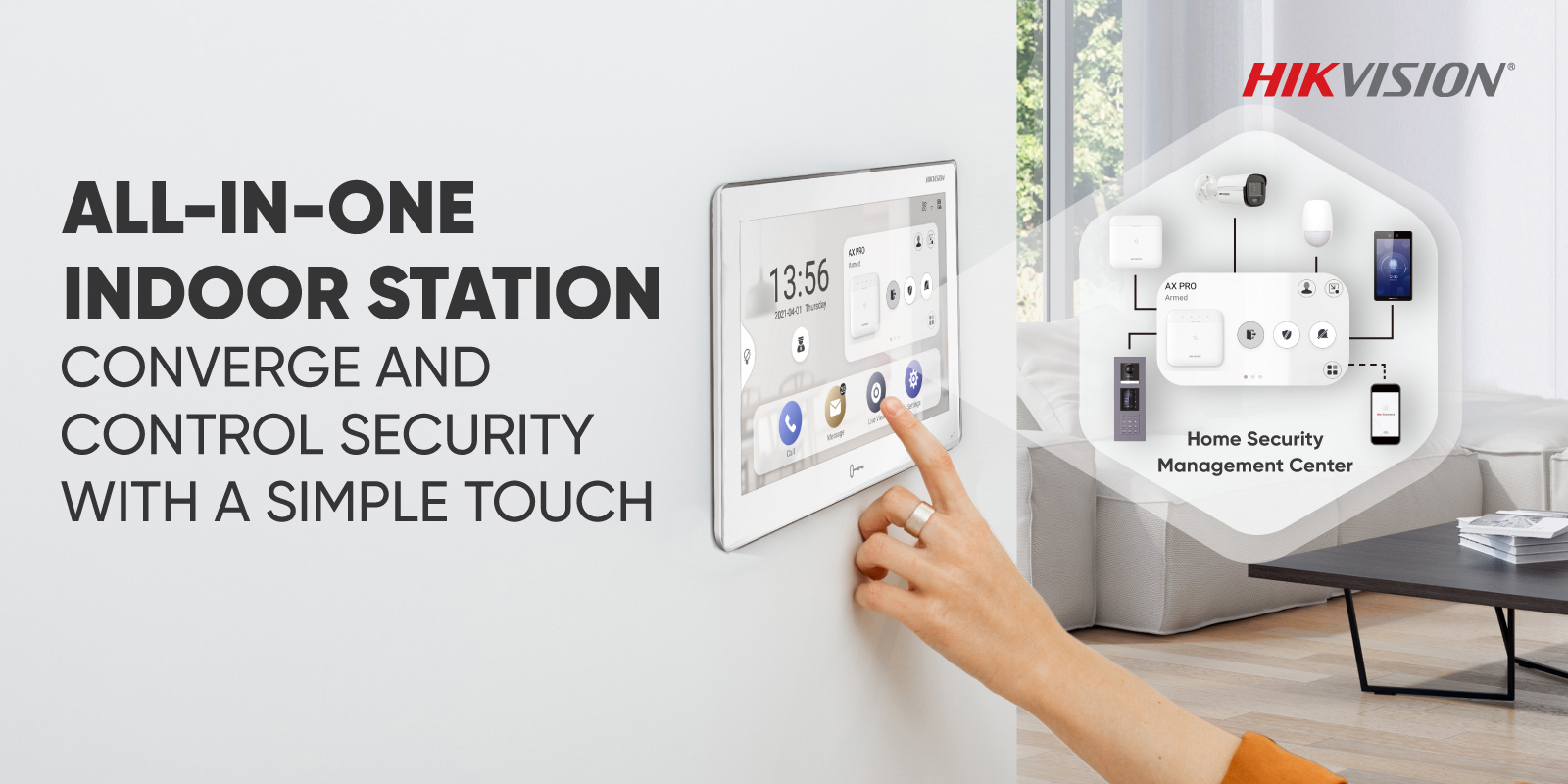Why Every Aged Care Facility Should Consider CCTV: Protecting Residents and Staff Leave a comment
In recent years, aged care providers across Australia have faced increasing pressure to ensure the safety, dignity, and well-being of elderly residents. With growing scrutiny from families, regulators, and the public, many nursing homes are turning to CCTV (closed-circuit television) as a reliable, cost-effective tool to improve accountability and protect both residents and staff.
Here’s why CCTV is no longer optional — it’s essential.
1. Resident Safety Comes First
Falls are among the most common incidents in aged care facilities. With reduced mobility, impaired vision, and medication side effects, many residents are at high risk. CCTV allows staff to quickly review incidents to understand how they occurred and implement preventive measures.
Additionally, CCTV:
-
Helps monitor high-risk residents in common areas
-
Ensures emergency assistance is deployed quickly
-
Can deter dangerous behaviour between residents
2. Deterring Elder Abuse and Neglect
Sadly, elder abuse — whether intentional or due to neglect — is a growing concern. Installing CCTV cameras in shared spaces, hallways, and staff areas acts as a strong deterrent against misconduct.
CCTV footage has been instrumental in exposing:
-
Improper manual handling
-
Delays in attending to residents
-
Verbal or physical mistreatment
By making staff aware of surveillance, it encourages professionalism and care standards.
3. Staff Protection and Training Tool
CCTV doesn’t just protect residents — it safeguards staff from false accusations and aggressive behaviour from visitors or residents.
Benefits include:
-
Verifying time of care delivery
-
Providing evidence during disputes
-
Supporting new staff training through real-world footage
This leads to a healthier work environment and improved morale.
4. Family Peace of Mind
Relatives placing loved ones in care often carry guilt, anxiety, and fear of mistreatment. Facilities with clearly visible CCTV systems can reassure families that their loved ones are being monitored in a professional environment.
Some nursing homes even allow limited remote access to approved users, especially for residents with cognitive impairment or palliative care needs.
5. Legal and Insurance Support
CCTV footage can be invaluable when:
-
Responding to legal claims
-
Reviewing incident reports
-
Dealing with government inspections
Footage often provides clarity that no written report can match. It can mean the difference between proving compliance or facing liability.
6. Improves Operational Oversight
With integrated monitoring platforms, administrators can:
-
View real-time activity across multiple locations
-
Identify workflow bottlenecks
-
Detect safety hazards or operational inefficiencies
This contributes to smoother facility operations and helps ensure staff compliance with procedures and schedules.
7. What Areas Should Be Covered?
While every facility is different, we recommend cameras be installed in:
-
Main entrances and exits
-
Reception and waiting rooms
-
Hallways and common lounges
-
Dining areas
-
Medication rooms
-
Outdoor gardens and perimeter areas
Note: Individual resident rooms should only be monitored under strict consent protocols and must comply with privacy laws.
8. Privacy and Compliance Considerations
Under the Australian Privacy Principles (APPs), it’s critical that aged care facilities:
-
Notify residents and staff of surveillance
-
Avoid cameras in private or sensitive areas
-
Store and access footage securely
-
Have a written CCTV policy available to residents and families
Working with an expert provider can ensure your system is compliant and ethical.
Conclusion: A Safe Facility is a Trusted Facility
Incorporating CCTV into aged care operations isn’t about creating a “Big Brother” environment — it’s about creating a safe, respectful, and transparent home for vulnerable Australians.
With the right setup, CCTV can reduce risk, improve care quality, and enhance trust with families — all while protecting staff and ensuring compliance.











